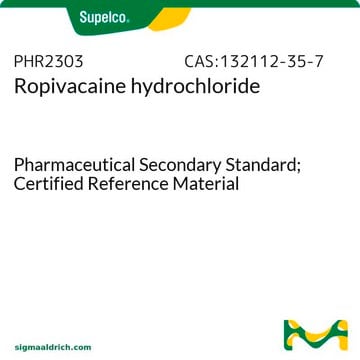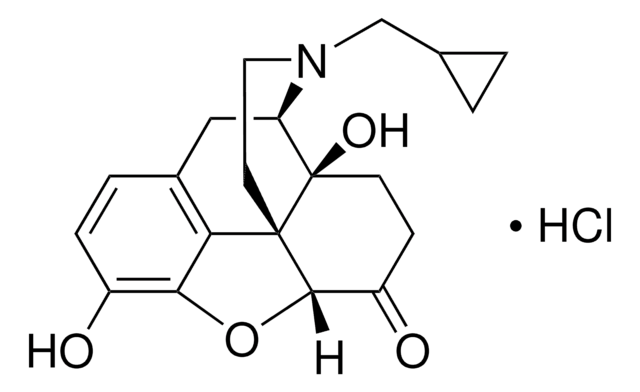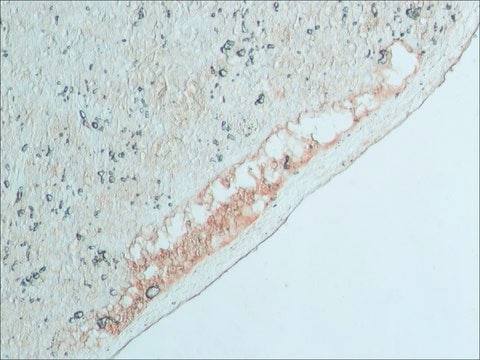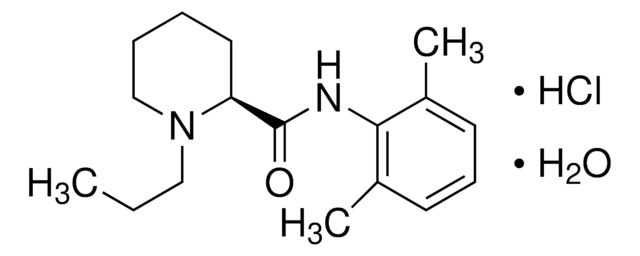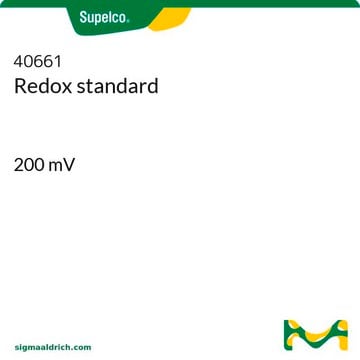B5274
Bupivacaine hydrochloride monohydrate
analytical standard, for drug analysis
Synonym(s):
1-Butyl-N-(2,6-dimethylphenyl)-2-piperidinecarboxamide
About This Item
Recommended Products
grade
analytical standard, for drug analysis
Quality Level
Assay
≥99%
technique(s)
HPLC: suitable
gas chromatography (GC): suitable
application(s)
forensics and toxicology
pharmaceutical (small molecule)
veterinary
format
neat
SMILES string
O.Cl.CCCCN1CCCCC1C(=O)Nc2c(C)cccc2C
InChI
1S/C18H28N2O.ClH.H2O/c1-4-5-12-20-13-7-6-11-16(20)18(21)19-17-14(2)9-8-10-15(17)3;;/h8-10,16H,4-7,11-13H2,1-3H3,(H,19,21);1H;1H2
InChI key
HUCIWBPMHXGLFM-UHFFFAOYSA-N
Looking for similar products? Visit Product Comparison Guide
Application
Biochem/physiol Actions
Signal Word
Danger
Hazard Statements
Precautionary Statements
Hazard Classifications
Acute Tox. 1 Inhalation - Acute Tox. 2 Dermal - Acute Tox. 2 Oral
Storage Class Code
6.1A - Combustible acute toxic Cat. 1 and 2 / very toxic hazardous materials
WGK
WGK 3
Flash Point(F)
Not applicable
Flash Point(C)
Not applicable
Personal Protective Equipment
Choose from one of the most recent versions:
Already Own This Product?
Find documentation for the products that you have recently purchased in the Document Library.
Customers Also Viewed
Chromatograms
suitable for GCapplication for HPLCapplication for HPLCapplication for HPLCOur team of scientists has experience in all areas of research including Life Science, Material Science, Chemical Synthesis, Chromatography, Analytical and many others.
Contact Technical Service


